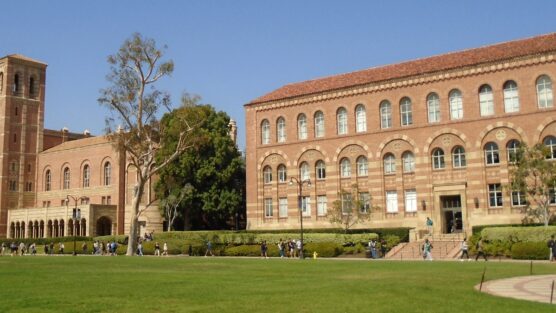In this blog we are going to go over some unpopular opinions on college admissions.
1. Elite Private Universities Aren’t Meritocracies
Elite private universities aren’t meritocracies, and they don’t have to be. You don’t deserve to get into Harvard simply because you have straight As and did everything right in high school. Private institutions get to play by their own rules and they don’t have to cater to anyone else’s interests. So long as Holistic Admissions exists in the US, colleges and universities get to decide what they want in a student. A study on Harvard found, for example, that 43% of white students were legacy, athletes, or related to donors and staff. It’s not necessarily a public service, but rather a self service.
2. Thinking College Admissions Should Be “Equitable” is Kind of a Joke.
Elite colleges exist to be elitist. By nature they are competitive. Anytime you have competition there will be winners and losers. A lot of these colleges want to reject as many students as possible. The more elite they are and the more people they reject, the better they look. There is no equal opportunity in college admissions or the real world. At the end of the day, the universities still get to decide who gets in. If you have good grades, consider getting a full ride at a respected public university in your state instead.
3. GPAs are Also Kind of a Joke
In 1990, the average high school GPA was 2.68 according to the Department of Education. This average GPA rose to 3.38 by 2016, with the biggest inflation occurring in private schools. This means if you attend a public school you are less likely to have an inflated GPA. There is no standardization of grading amongst public and private schools in the United States. But somehow, GPAs are the most important metric that colleges use to admit students.
On the one hand, if you have an inflated GPA you might think that’s a good thing. However, this isn’t true in all contexts. If a student has all As and they think they’re a good candidate for Harvard or Stanford, they may actually be competing with the all the student in their school with A-pluses. If you have more A-minuses, you could be pushed to the top 20% of your class, as opposed to the top 2%.
On the other side of things, grade inflation is unfair to students at schools who don’t inflate grades. Schools may perceive students at private schools with an A-minus as a better choice than public school students with Bs, even if those students are actually performing at the same level. This could be especially true at colleges were more public school students tend to apply than private school students.
CBS News reported 47% of college bound American students have an A average or above. With all of these high GPAs, how are colleges supposed to decide who gets in?
4. Standardized Tests are More Fair than People Realize
This can go back to the previous point that GPAs are kind of a joke. Not only is there grade inflation, but you can’t standardize for the difficulty of teacher you might have for a certain class. On top of that, there are even cases of administrators changing grades for students. In contrast, it is a lot harder to cheat on the SAT. A comprehensive report from 2020 argues that test scores are a better predictor of collegiate success than high school grades. You can check out the full 227 page Standardized Testing Task Force report here.
Standardized tests don’t create inequality, they reveal it. While it is true that wealth correlates with SAT scores, the same can be said about access to college, well-ranked high schools, and privilege. If you take standardized tests away, then you instead judge candidates on their connections, GPAs, teacher recommendations, which can show bias and favoritism, and essays. Essays, however, are typically easier to coach than a good SAT score, and also correlate with wealth.
By getting rid of standardized testing, we end up with other metrics that are even less fair. However, there are still cases where a few test-optional schools is a good thing. For students who have severe test anxiety, it’s not fair to judge them completely on a test. Just because you’re a poor test-taker, that doesn’t mean you don’t deserve to go to college. If colleges have different approaches, then there is something for everyone.




